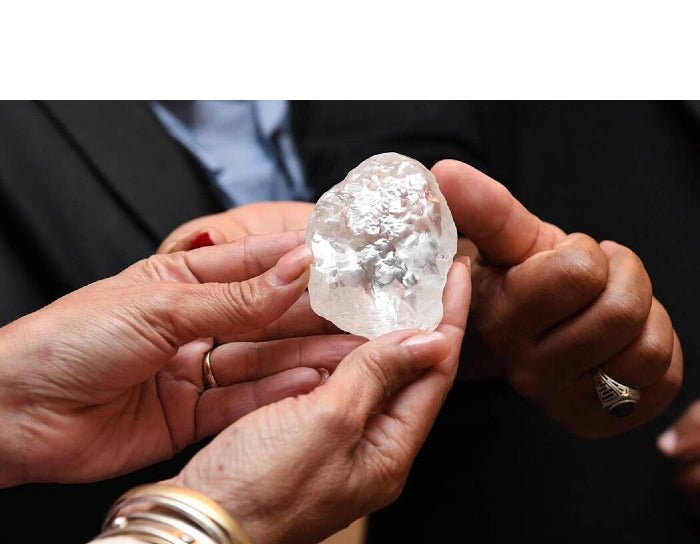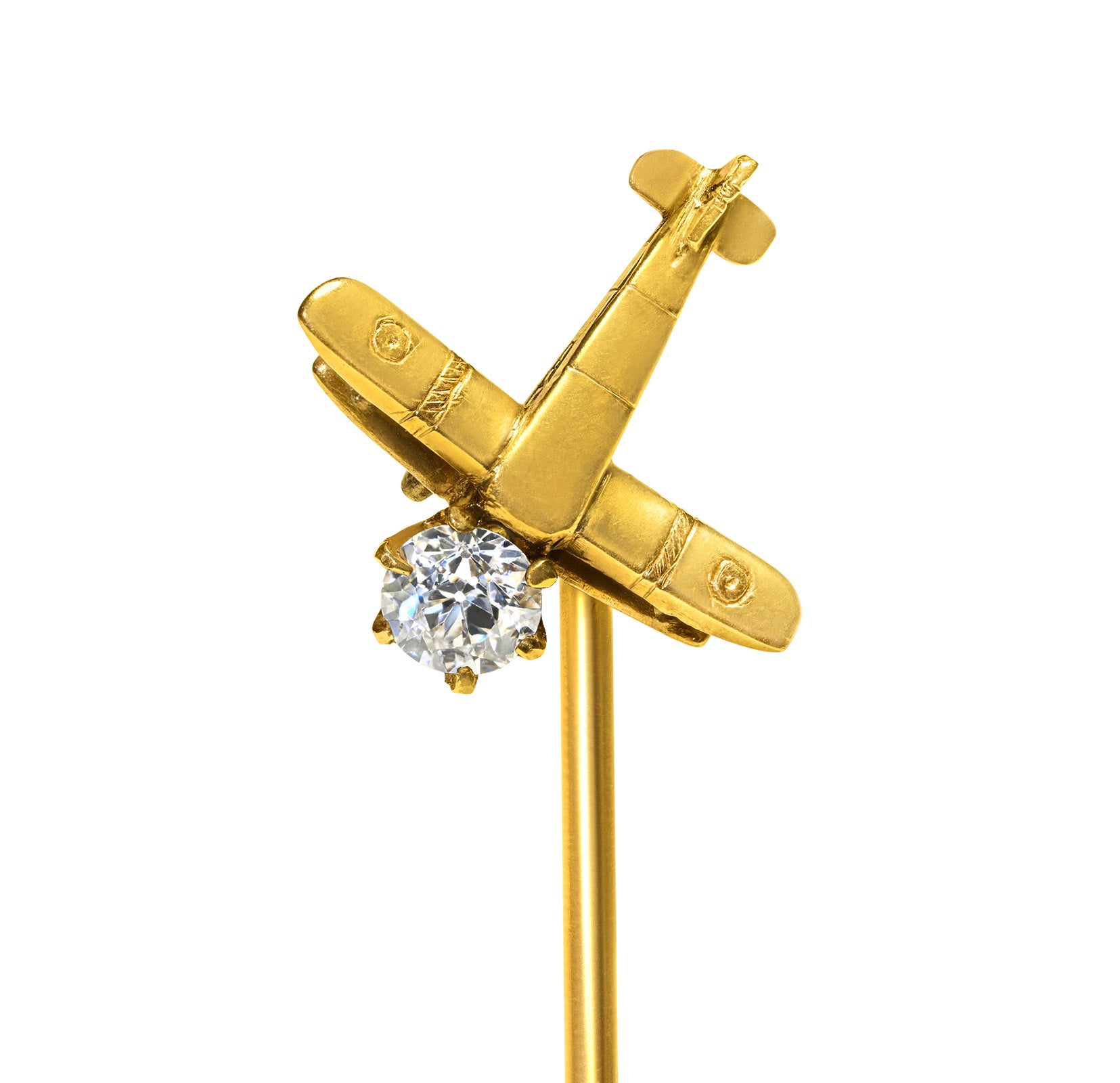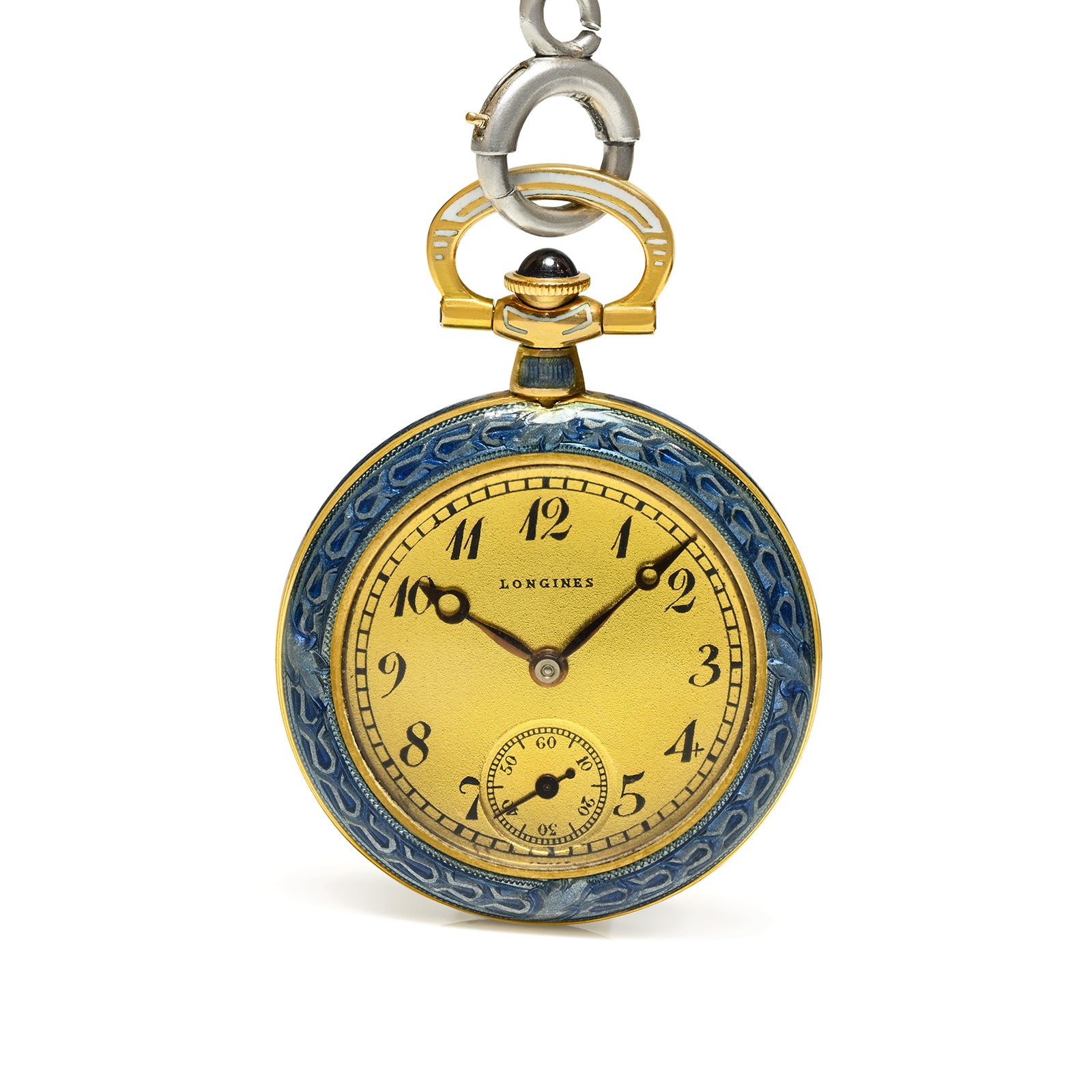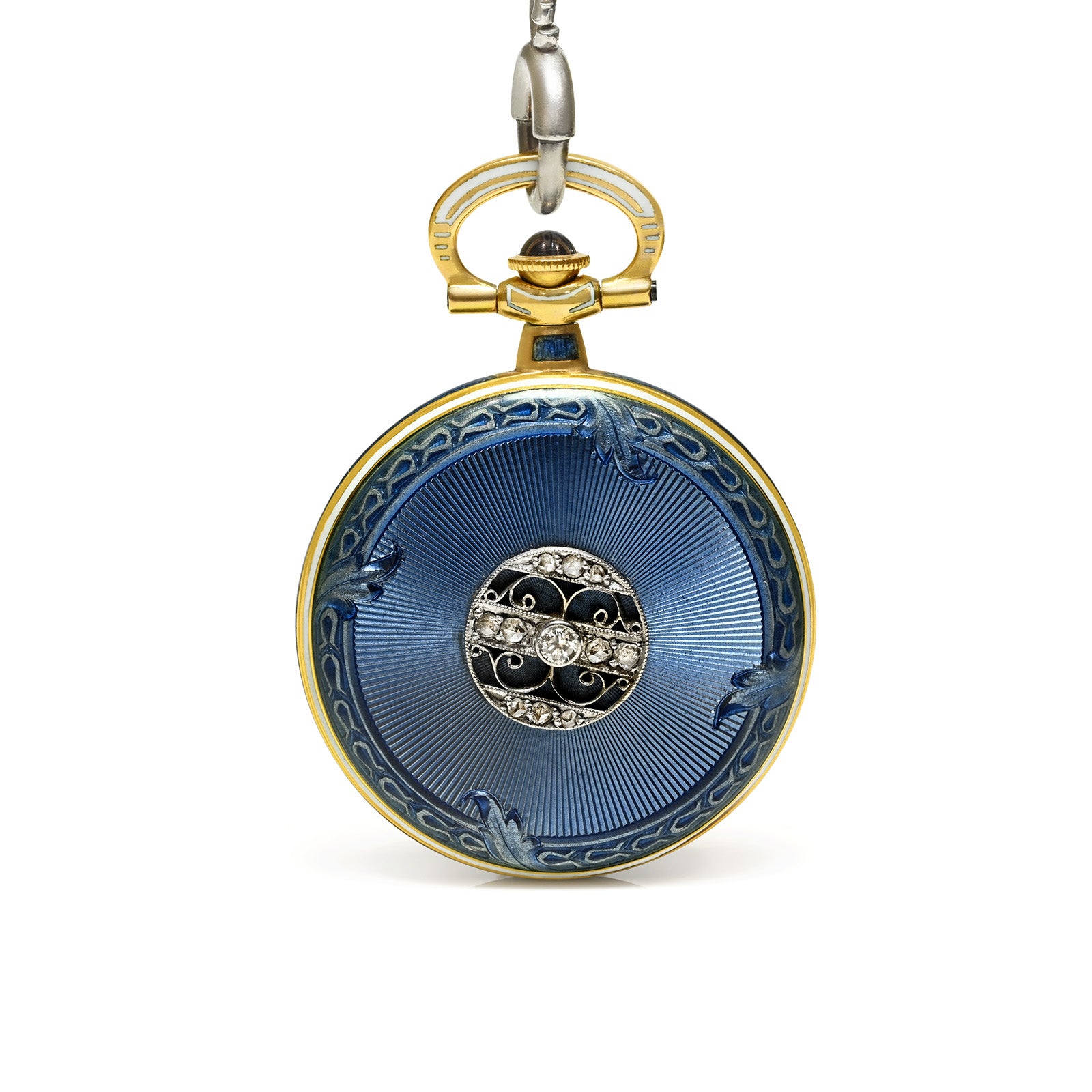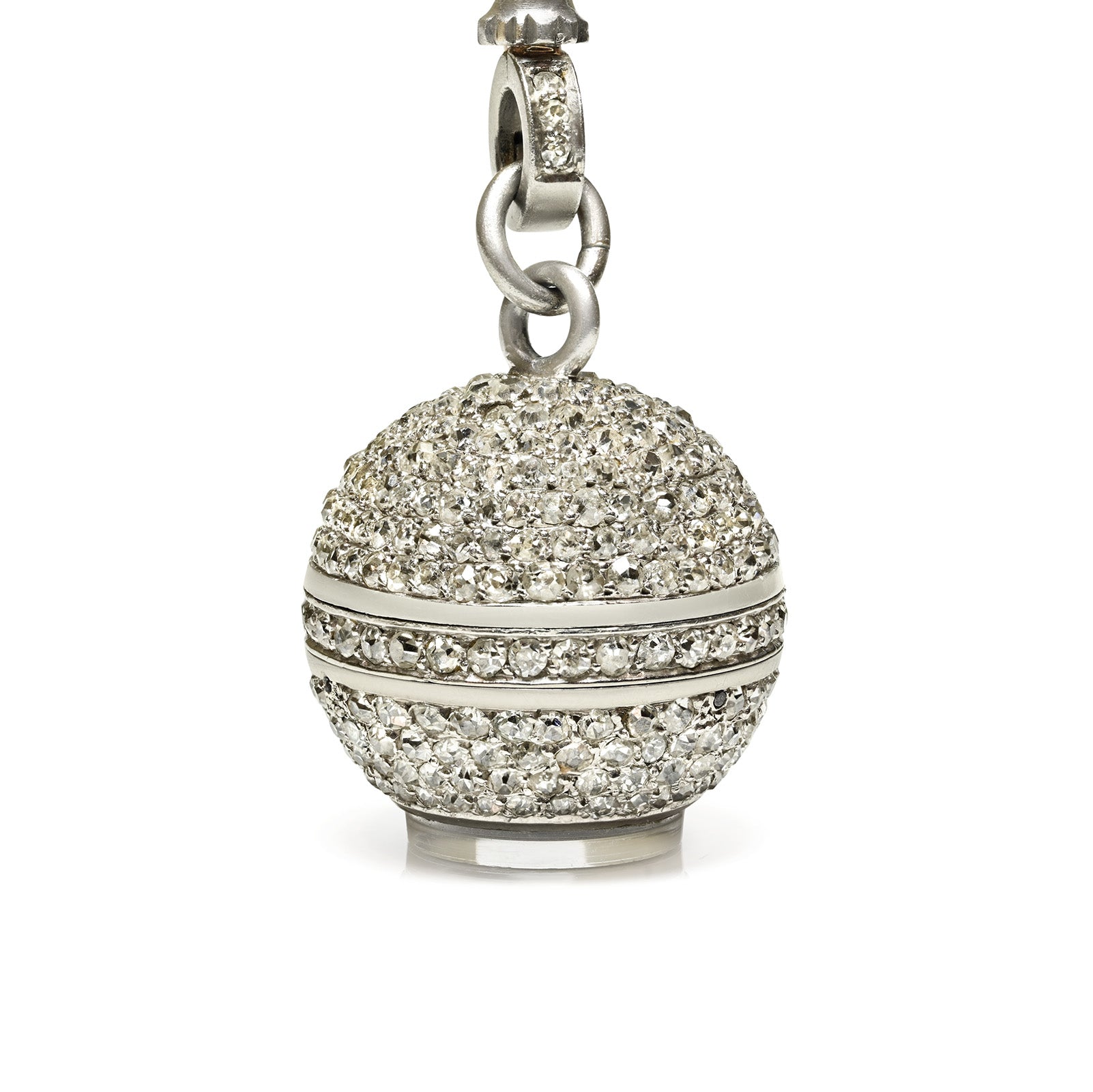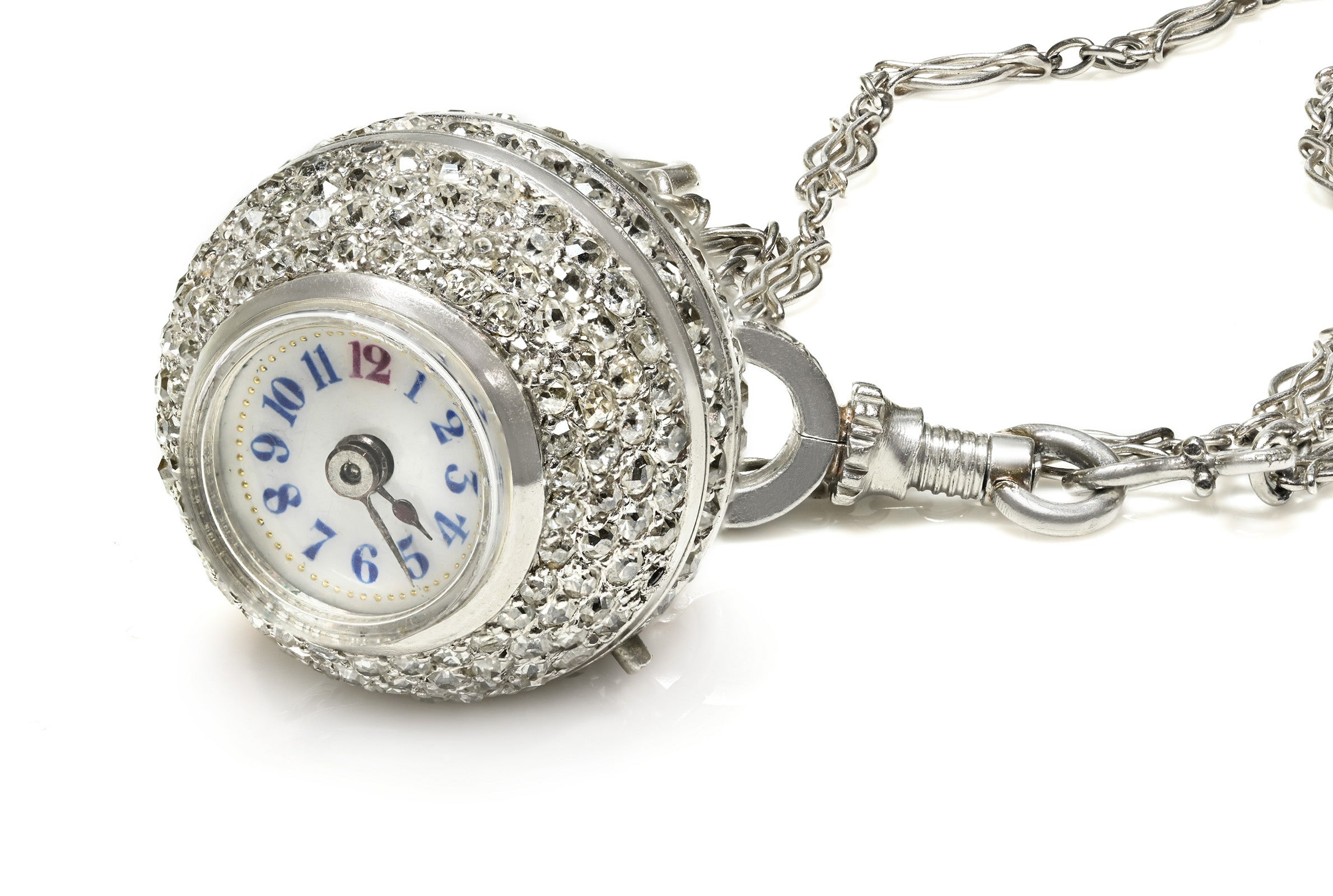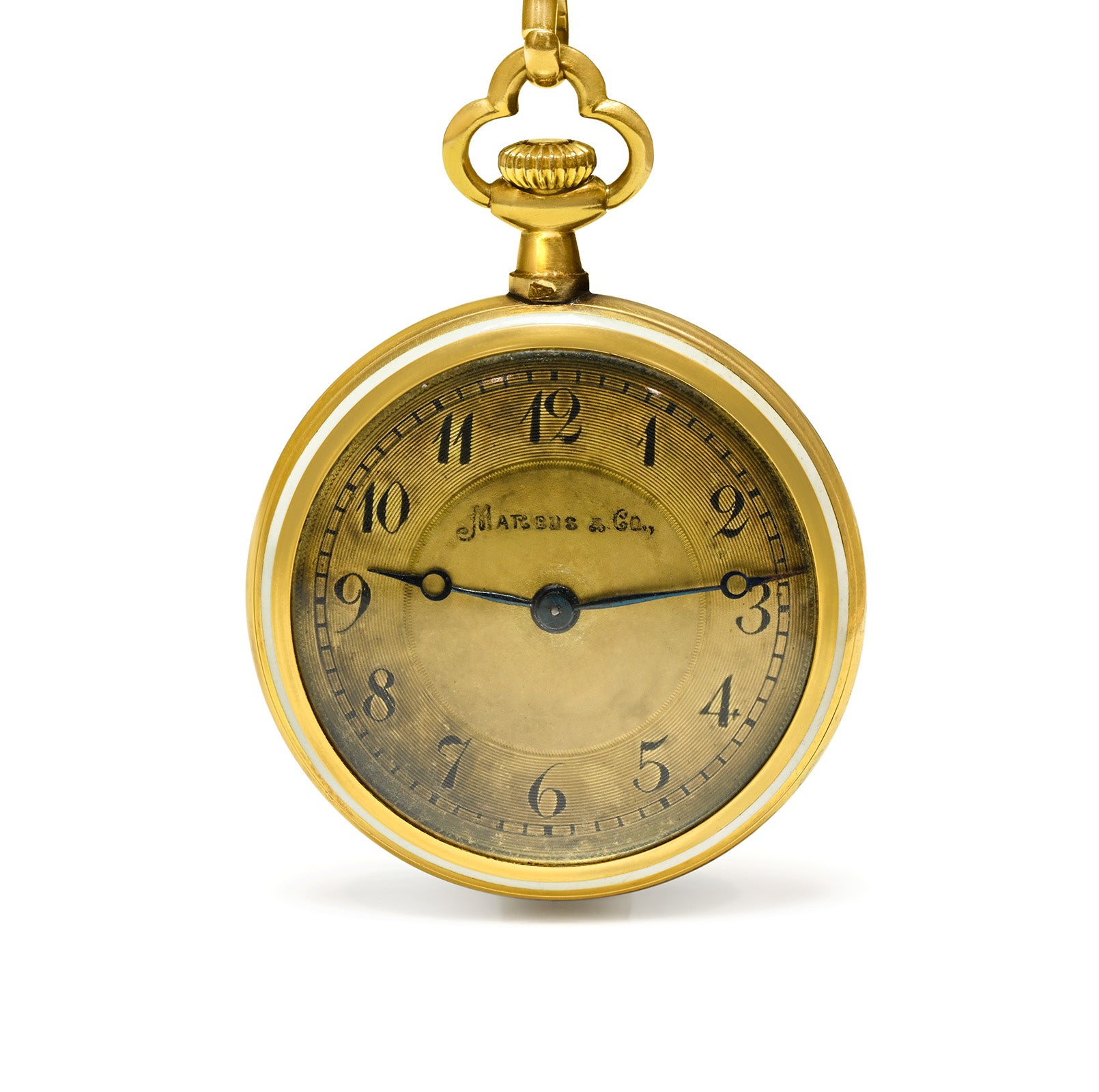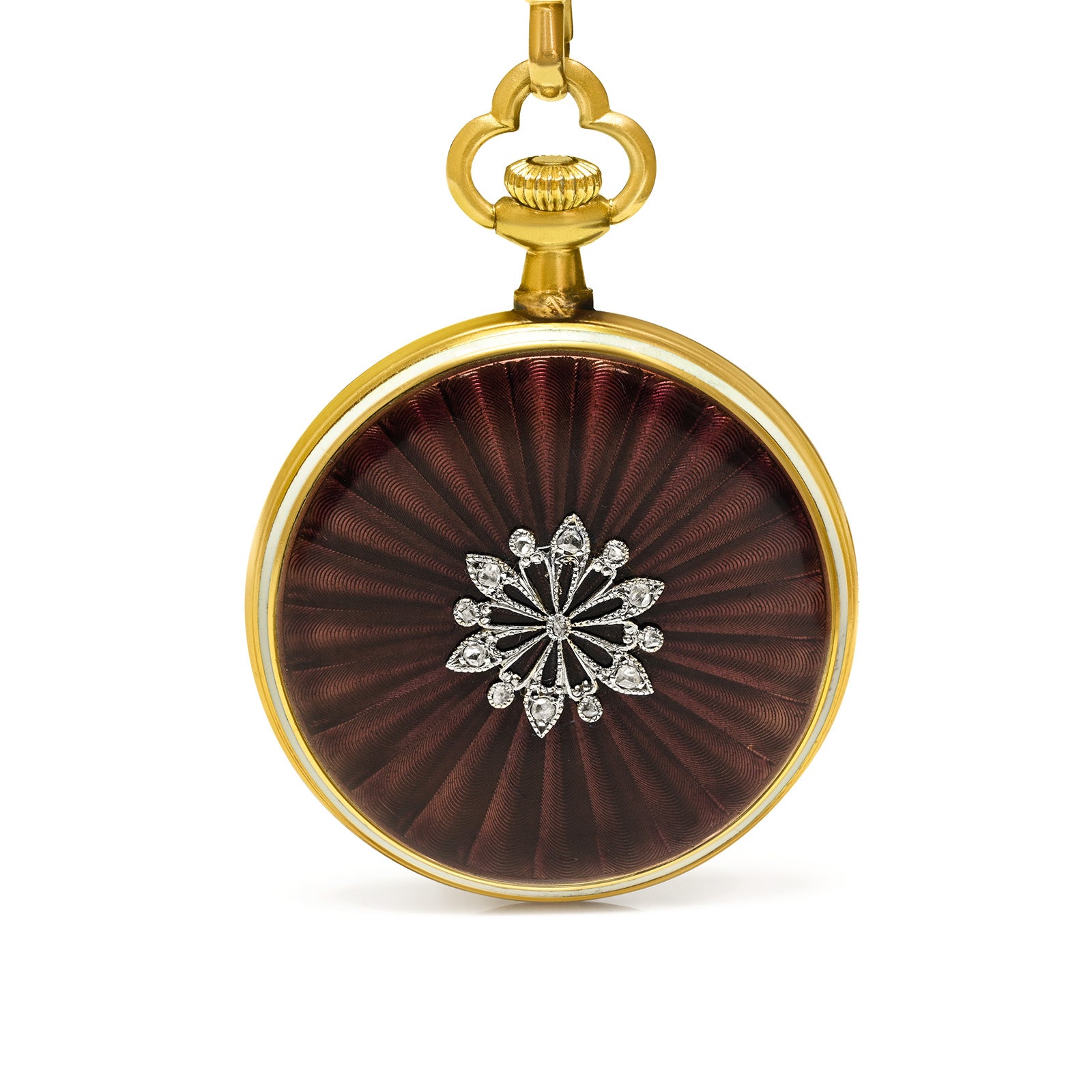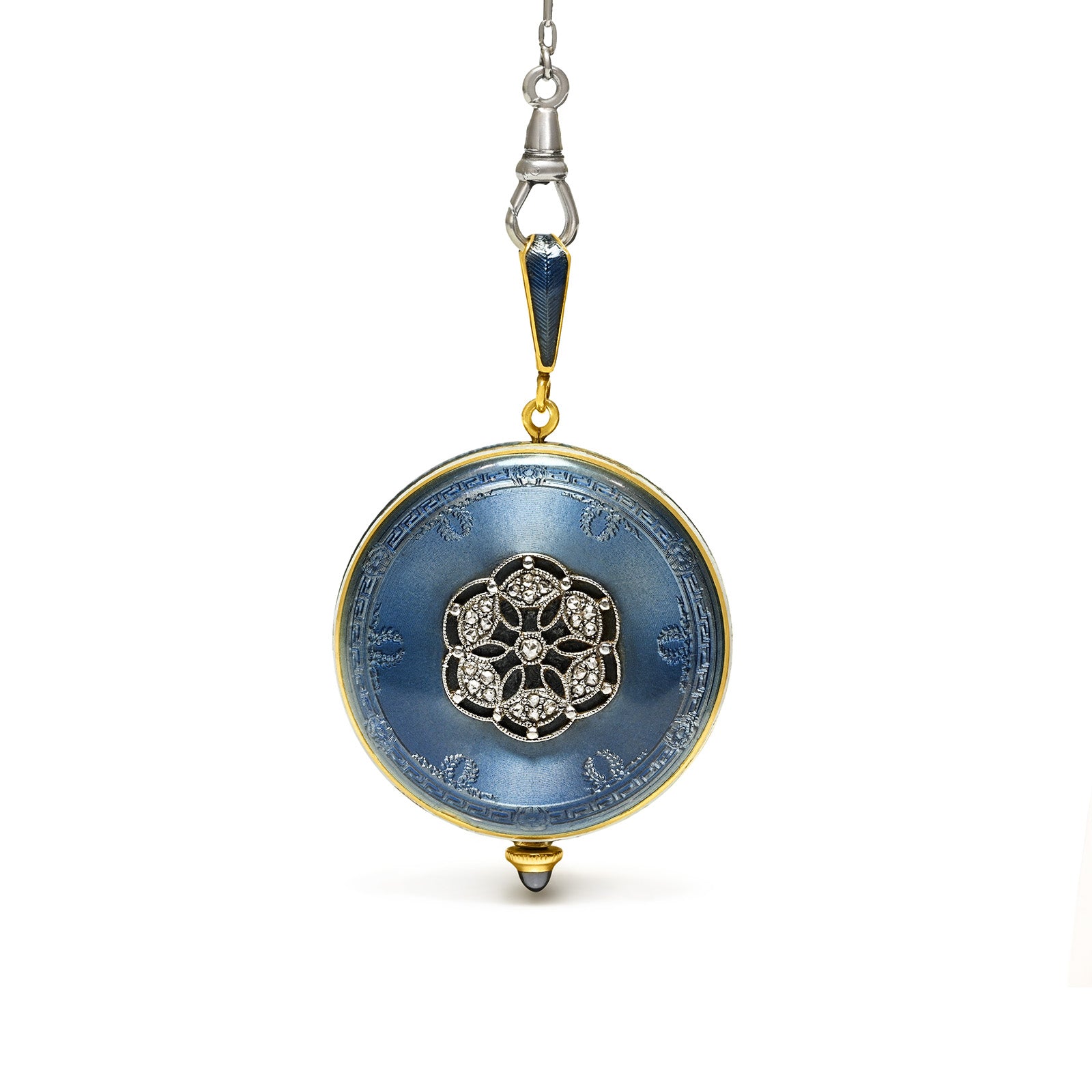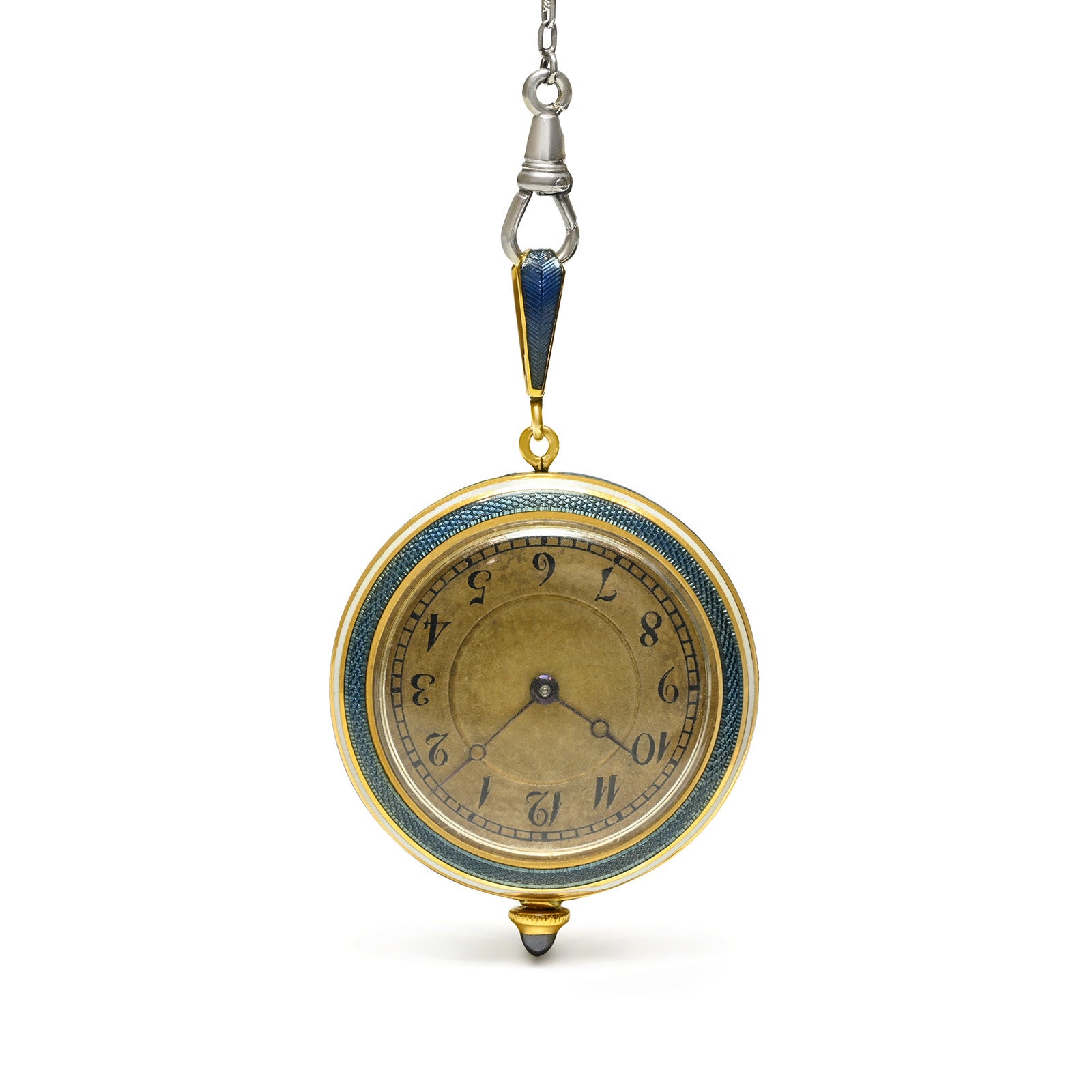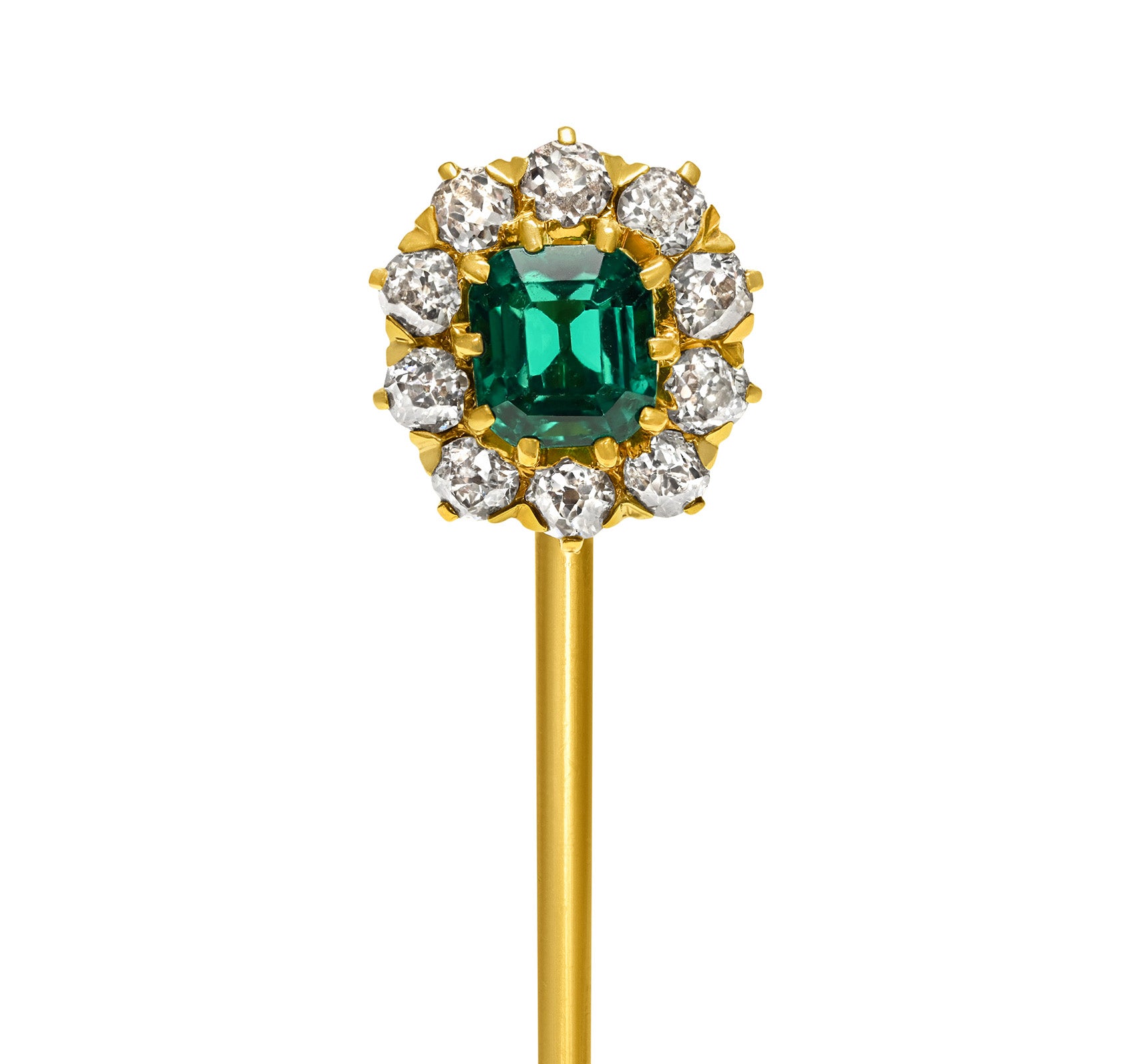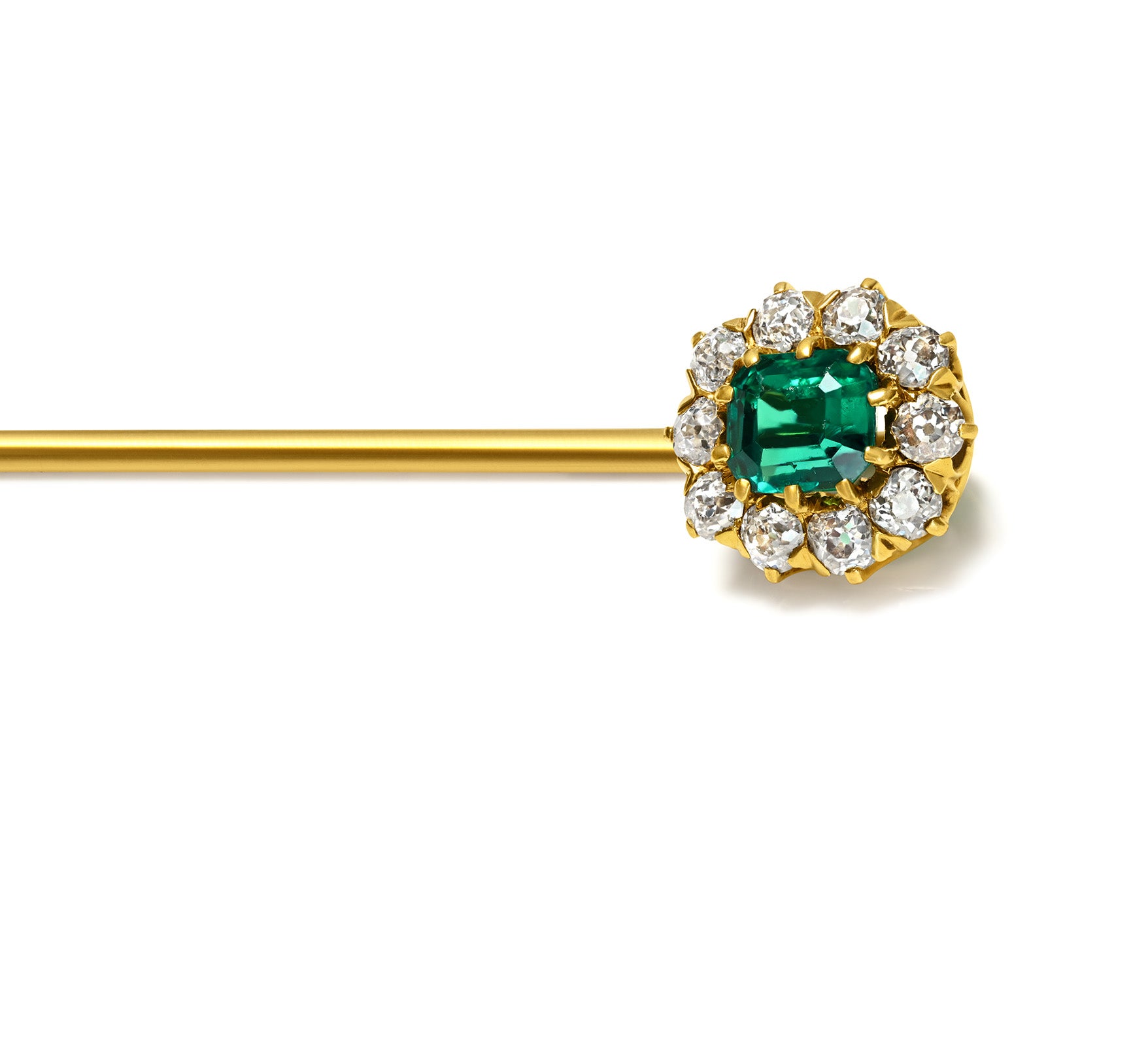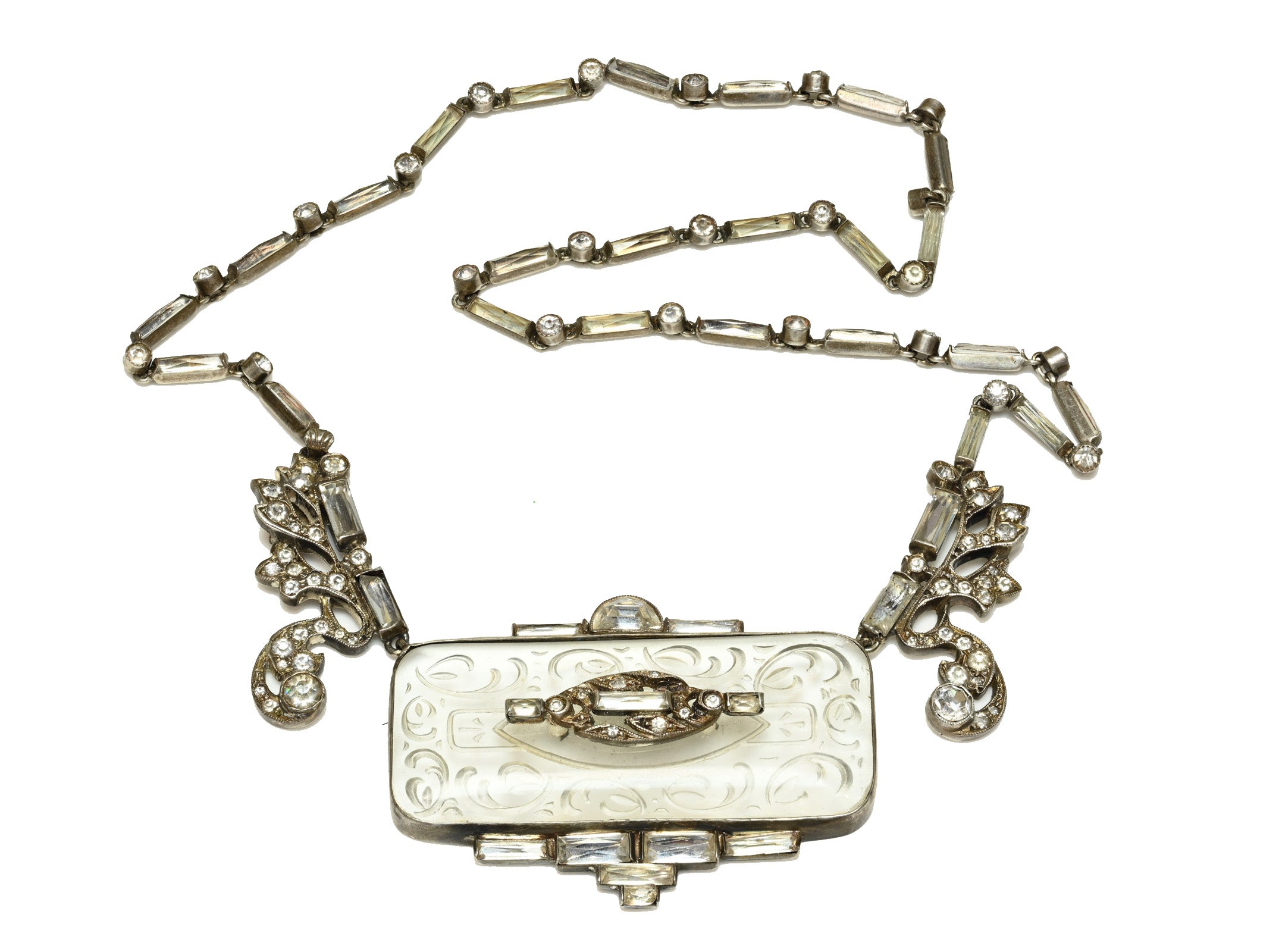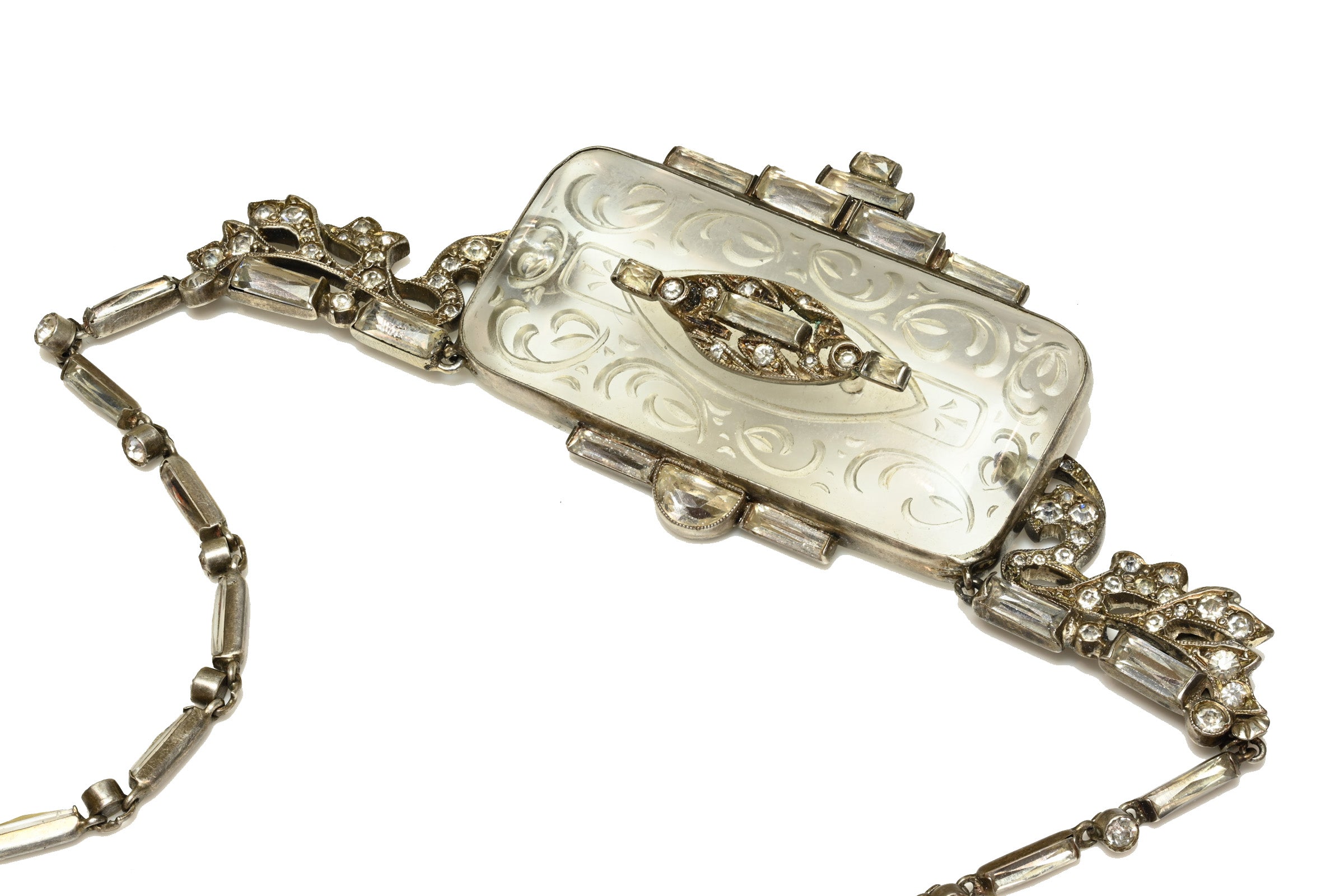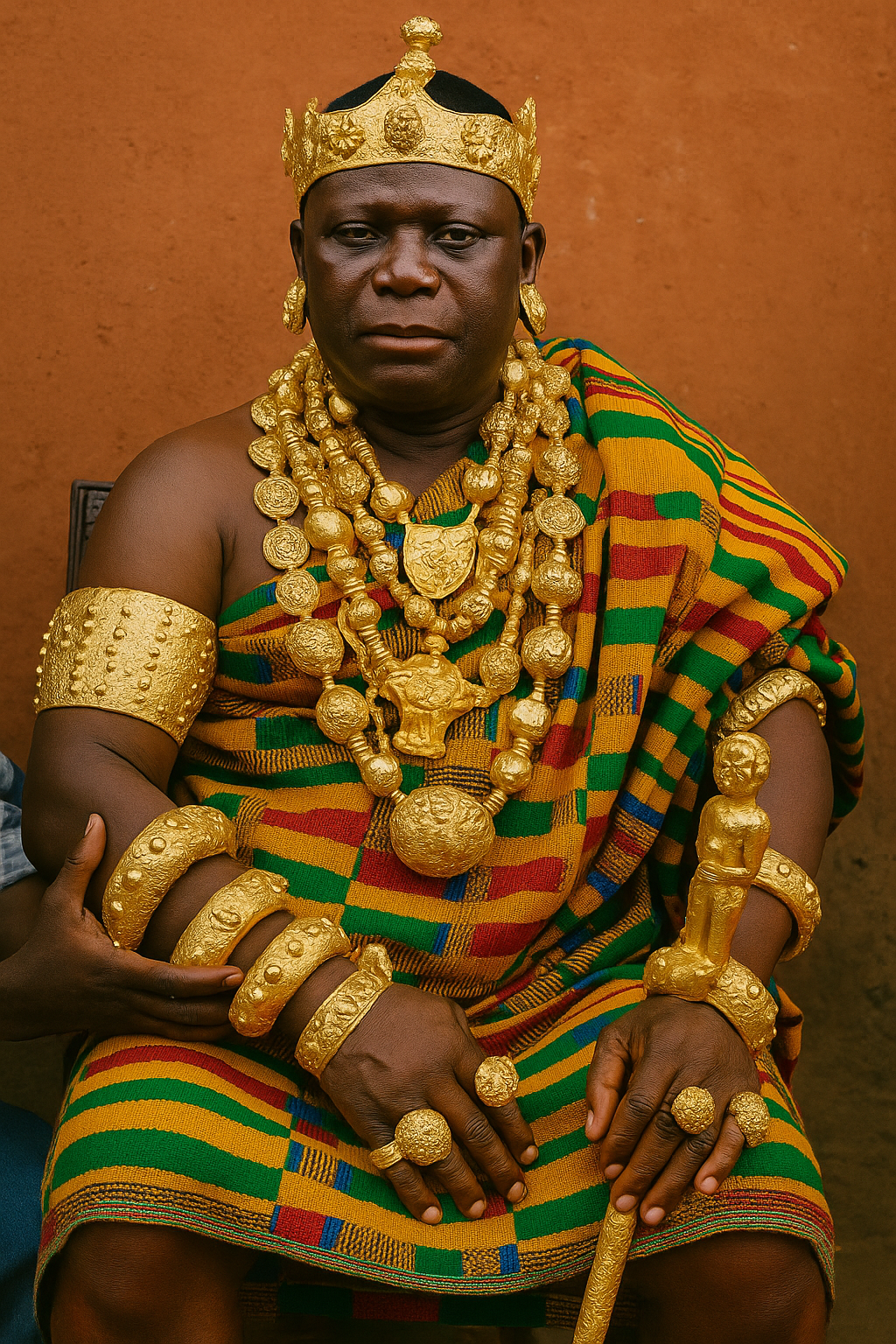
The Golden Kingdom: The Huge Wealth of a Kingdom that Withstood the British Empire
The Ashanti Kingdom was founded in 1670 and is located in what is now southern Ghana, a modern democratic country. Its leaders still have a lot of influence and a lot of gold. They wear so many precious gold jewelry pieces that they need help raising their hands, reports BBC.
For the Ashanti tribe, gold has been very important for the last 1,500 years. These people began trading in gold in the 5th century. And its current leaders are still covered in gold.
Still today, gold is everywhere, and it’s part of a period in African history that we rarely remember, which is not about slavery, but about gold, power, and the immense wealth of this ancient and fascinating continent.
When the king shakes hands with someone, another hand appears to support his arm because he is carrying so much gold that he needs help. There is a person at the court of the Ashanti King who holds the designated position to support the royal arm.
The Ashanti Kingdom is part of modern Ghana, but the tribal king still has an influential position. Like all kings, Otumfo Osei Tutu II rarely speaks to the press. Thus he maintains the royal myth.
However, the king of Ashanti allowed a BBC reporter to interview his deputy, Ohenaba Oduesi Puku Ashanti:
- I can't help but notice that you're wearing a lot of gold.
- Yes.
- You can't tell the history of Ashanti without talking about gold. In part, protecting the kingdom meant keeping enemies away from the gold mines.
- This was the main reason why they did so many campaigns to keep the gold mines for Ashanti. It was the British who decided to colonize Ashanti.
- They got here in 1890, so it was 400 years of defeats for them.
- The Ashanti people were determined to make their lives unbearable. Most of the British who died outside their country died in Ashanti, because of the gold they wanted to take. Ashanti said: NO.
West African kings were wise enough to realize that the arrival of the British was an opportunity for them because until then the Portuguese had used their monopoly to keep the price of gold low. When the British and other Europeans appeared, competition in the market also appeared.
So the Africans even gave the British goods on credit, which they would pay on their return. There was a long-distance and long-term international trade between African and English kings.
Cover Photo: Ai generated
View our Collection of Antique Jewelry & Objects

